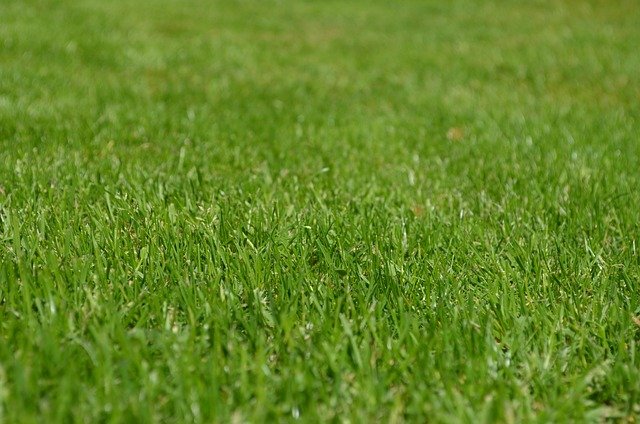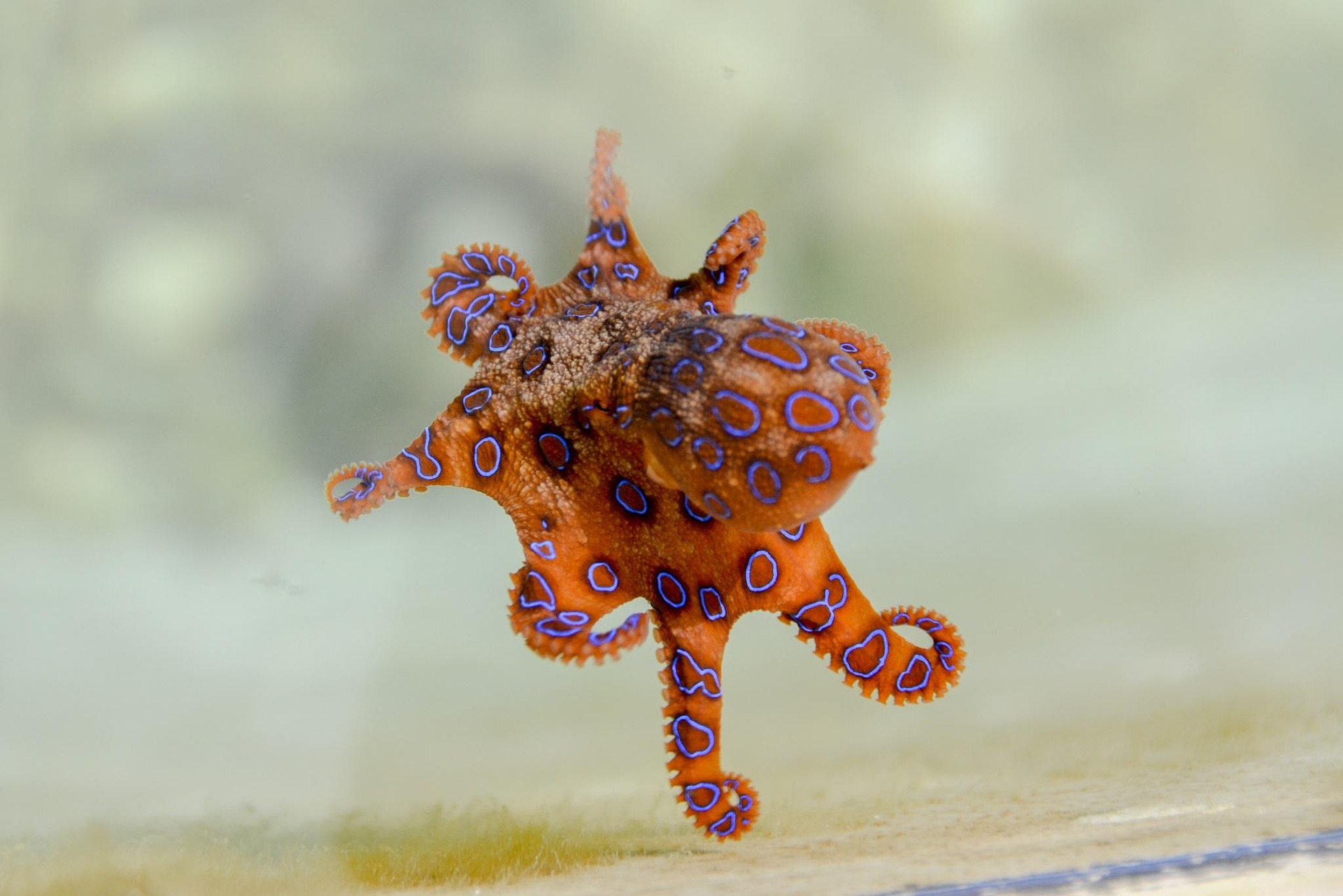7 Tips to Get Rid of Lawn Grubs Naturally
Maintaining a lush, healthy lawn is a point of pride for many homeowners, but pesky lawn grubs can quickly turn your green oasis into a patchy nightmare. These voracious larvae of various beetle species feed on grass roots, causing severe damage to lawns. Fortunately, there are several natural methods to combat these destructive pests without resorting to harsh chemicals. In this article, we'll explore seven effective tips to get rid of lawn grubs naturally, helping you restore and maintain a beautiful, grub-free lawn.

What are lawn grubs and how do they damage your grass?
Lawn grubs, also known as white grubs, are the larval stage of various beetle species, including Japanese beetles, June bugs, and chafers. These C-shaped, whitish grubs live in the soil beneath your lawn, feeding on grass roots. As they grow and multiply, they can cause extensive damage to your turf, resulting in brown patches, wilting grass, and areas that feel spongy underfoot. Identifying a grub infestation early is crucial for effective treatment and prevention of further lawn damage.
How can you determine if you have a grub problem?
Before implementing any control measures, it’s essential to confirm whether you actually have a grub infestation. One simple method is the “tug test.” Gently pull on a section of your lawn; if it easily lifts like a carpet, revealing grubs underneath, you likely have a problem. Another sign is an increase in wildlife activity, such as birds, skunks, or raccoons digging in your lawn for grubs. Additionally, you can perform a more thorough inspection by cutting and lifting a one-square-foot section of turf to count the grubs present.
What natural predators can help control grub populations?
Encouraging natural predators is an effective and eco-friendly way to manage grub populations. Birds, particularly starlings and robins, are voracious grub eaters. Attracting them to your yard with bird feeders and baths can help keep grub numbers in check. Beneficial nematodes, microscopic worms that parasitize and kill grubs, are another natural solution. These can be purchased and applied to your lawn, providing long-term grub control without harming beneficial insects or the environment.
How can you use nematodes to combat lawn grubs?
Beneficial nematodes are a powerful natural weapon against lawn grubs. These microscopic organisms seek out and enter grubs, releasing bacteria that kill the pests within 24 to 48 hours. To use nematodes effectively, water your lawn thoroughly before and after application. Apply them in the evening or on a cloudy day to protect them from harmful UV rays. It’s important to note that nematodes are living organisms, so proper storage and application are crucial for their effectiveness.
What organic treatments can be used to eliminate lawn grubs?
Several organic treatments can be effective in controlling lawn grubs. Milky spore is a naturally occurring bacterium that specifically targets Japanese beetle grubs. While it takes time to establish, it can provide long-lasting control. Another option is neem oil, a natural insecticide derived from the neem tree. When applied to the lawn, it disrupts the grubs’ feeding and growth cycles. Diatomaceous earth, a fine powder made from fossilized algae, can also be used to deter grubs when sprinkled on the lawn surface.
How can proper lawn care practices help prevent grub infestations?
Maintaining a healthy lawn is one of the best defenses against grub infestations. Proper watering practices are crucial; deep, infrequent watering encourages deeper root growth, making grass more resistant to grub damage. Mowing your lawn at the proper height (typically 2.5 to 3 inches) helps grass develop stronger root systems. Additionally, avoid over-fertilizing, as this can actually attract more egg-laying beetles. Implementing these practices not only discourages grubs but also promotes overall lawn health.
What are some effective natural grub control products and their costs?
When it comes to natural grub control, several products have proven effective. Here’s a comparison of some popular options:
| Product | Provider | Cost Estimation |
|---|---|---|
| Beneficial Nematodes | Arbico Organics | $30-$40 for 5 million nematodes (treats up to 1,500 sq ft) |
| St. Gabriel Organics Milky Spore Powder | Amazon | $50-$60 for 20 oz (treats up to 7,000 sq ft) |
| Neem Bliss 100% Pure Neem Oil | Amazon | $20-$25 for 16 oz (concentrated, makes several gallons) |
| Harris Diatomaceous Earth | Home Depot | $10-$15 for 4 lbs (coverage varies) |
Prices, rates, or cost estimates mentioned in this article are based on the latest available information but may change over time. Independent research is advised before making financial decisions.
In conclusion, combating lawn grubs naturally is not only possible but can be highly effective. By implementing these seven tips, from encouraging natural predators to using organic treatments and maintaining proper lawn care practices, you can successfully manage grub populations without resorting to harsh chemicals. Remember, a healthy lawn is the best defense against pests, so focus on overall lawn health as part of your grub control strategy.
The shared information of this article is up-to-date as of the publishing date. For more up-to-date information, please conduct your own research.




